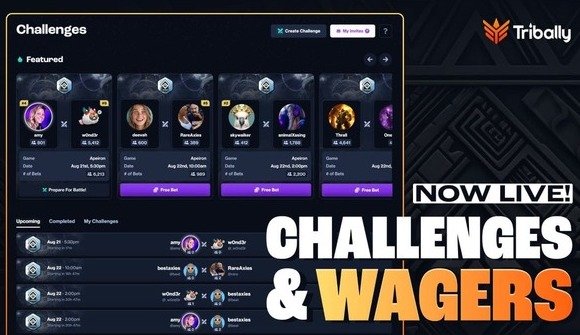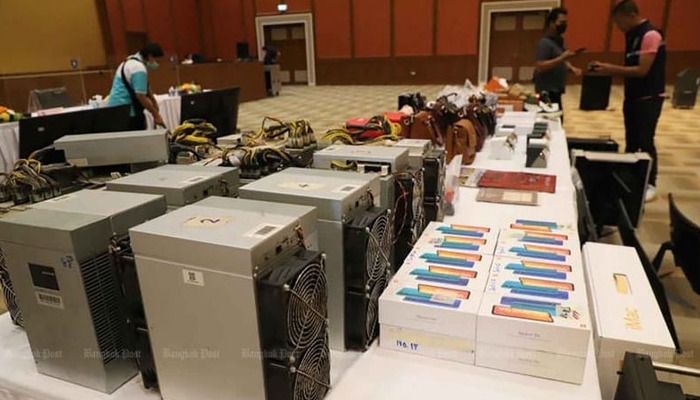
Report: 80% of Web3 Gaming May be Dominated by Asia
A recent study reveals that a free-to-play mobile game has enormous potential in the developing Japanese market when it comes to Web3.
According to a DappRadar survey produced in collaboration with the Japanese crypto company Pacific Meta, gamers in Asia are expected to account for the great bulk of the Web3 gaming market.
With 1.7 billion gamers, Asia already accounts for 55% of the worldwide gaming market and is expected to account for 80% of Web3 gamers in the future, according to the report. That is a staggering number, especially in light of the gaming restrictions that some countries in the region have already implemented. Under-18 gamers are only permitted to play for an hour per day in China. Additionally, blockchain games have been closely regulated and essentially outlawed in South Korea.
Despite the legal constraints, the research from DappRadar contends that Square Enix’s planned Web3 game Symbiogenesis and Asia-based video game studio Nexon’s Web3 play with MapleStory Universe are two examples that imply crypto games are gaining popularity in the East. Both will also make use of Polygon, which according to the survey is now the Web3 gaming network that game studios choose.
The analysis by DappRadar and Pacific Meta found that roleplaying games, such as Final Fantasy, Phantasy Star Online, and Genshin Impact, are the most popular in the Asian market.
Web3 gaming has attracted significant interest from the Asian market. WeMade, a Korean game publisher, has one of the biggest booths at the Game Developers Conference (GDC) that was held in San Francisco last month. According to an onsite representative, WeMade intends to first release their games in Korea without any Web3 components before subsequently releasing them internationally with NFTs and Web3 integrations via its WeMix platform.
Trung Nguyen, a co-founder of Sky Mavis, previously stated to Decrypt at GDC that he thinks Web3 gaming is a “natural” fit for the Asian market due to the genres of games the market is used to.
Since the early days of Web3 gaming were all about rolling, gatcha, and having the best characters you could find, Nguyen stated, “They find it very natural to get into Web3 gaming.”
However, Nguyen thinks that as Web3 games grow more concerned with gameplay than profits, consumers in the west and the east will start to anticipate similar experiences.
Over a thousand adults in Japan were polled as part of Pacific Meta’s Web3 gaming study, and it was discovered that 40% of them were aware of blockchain games. Nearly 57% of individuals who were aware of these games said they “seem interesting,” compared to 10% who said they did not.
Notably, 33% of respondents said “neither,” possibly indicating that they were unsure of Web3 games and had not yet formed an opinion about them.
773 out of the 1,030 people polled indicated that free-to-play was a quality that they valued highly when discussing the kinds of blockchain games they would be interested in. 538 people indicated that they would prefer the game to be playable on a smartphone. Consoles, well-known IP, player revenue, and game quality received lower rankings.
What was the least important to the respondents? the question of whether the game “has unique use of blockchain.”
This study appears to reinforce the widely held belief that Web3 games cannot prioritize its crypto aspects above all else, which is also shared by many Web3 game creators. The platform and initial pricing may be the most crucial elements for gamers, at least in Japan.
Despite this, the market for Web3 gaming is still in its infancy, and it will be some time before it is adopted by the general public.
Other Interesting Articles
 PAGCOR Offices and Gaming Venues Achieve ISO 9001:2015 Certification Apr 14, 2023
PAGCOR Offices and Gaming Venues Achieve ISO 9001:2015 Certification Apr 14, 2023











